The Social Responsibility Assessment Tool for the Seafood Sector (SRA) is a risk assessment, or benchmarking tool, for assessing human and labor rights risks in seafood supply chains. The SRA incorporates all relevant international human and labor rights standards, such as International Labor Organization (ILO) conventions and protocols and the UN Guiding Principles on Business and Human Rights, to maximize alignment with best practices. It also addresses existing certification and ratings requirements for social issues in seafood that businesses may already be using. It was specifically developed to strengthen a company’s internal corporate social responsibility policies and support the development of human rights due diligence practices where needed.
What is the purpose of the sra?
How Can the SRA be Used?
The SRA is a risk assessment tool that identifies risks of human and labor rights abuse at all stages of seafood production, on fishing vessels, at aquaculture farms, and in seafood processing facilities. The use of the SRA can differ depending on your role in the supply chain. As an open-access framework, this tool can be used in a number of ways.

Producers
The SRA process can help inform fishers, farmers, and seafood workers about their human and labor rights and company policies and practices related to these rights.

Processors and Suppliers
Gain more visibility into potential risks within your operation and in collaboration with local civil society organizations and stakeholders, build out a strategy to remediate and/or mitigate any human or labor rights risks that may arise.

Retailers and Brands
De-risk and strengthen supply chains by incorporating a holistic human rights due diligence program and improving the livelihoods of fishers, farmers, workers, and their communities.
FAQs
Co-developed as a collaborative resource by more than two-dozen organizations, the Social Responsibility Assessment (SRA) Tool is currently is managed by the Consortium on Social Risks in Seafood, a partnership between FishWise, LRQA, and Conservation International.
LRQA manages revisions of the SRA and provides training and materials around the use of the tool. If you have any questions about the SRA, please contact LRQA at SRAsupport@elevatelimited.com.
As the definition of sustainable seafood has evolved over the years to include social elements, there has been a rise in the use of social standards and certifications. The SRA was developed in alignment with many of these programs, but it is not itself a certification. Instead, the SRA is a complementary tool that can be used to:
- Translate audit results into a comprehensive risk assessment
- Uncover areas where an audit did not collect information
- Support the development of improvement plans to remediate and/or mitigate any human or labor rights risks
- Monitor and report on progress over time
The Social Responsibility Assessment (SRA) Tool for the Seafood Sector is a risk assessment tool specifically designed for the seafood industry. It was based on the Monterey Framework, a definition for socially responsible seafood that was developed by environmental practitioners, human and labor rights advocates, academics, and industry representatives.
The Monterey Framework laid out three principles that the SRA builds on:

The SRA addresses relevant international human and labor rights standards and existing certification and ratings practices for social issues in seafood. The purpose of this tool is to help businesses, governments, and other stakeholders assess and ultimately improve crew welfare and well-being.
Learn more about the Monterey Framework:
- The Monterey Framework for Social Responsibility – Overview (PDF)
- Committing to Socially Responsible Seafood (Kittinger et al. 2017, Science)
- Actioning the Monterey Framework: Stories from Around the World (PDF)
There are five main components to an assessment:

Desk research and stakeholder engagement can be conducted before the on-site portion of the assessment, and document review, interviews, and site observation will take place on-site. Understanding what evidence you’ll need for the SRA ahead of time is key to making sure the assessment goes smoothly.
Once you’ve finished your assessment, you’ll know which issue areas have the highest risk. Based on those findings, a plan should be created to address the issues that were revealed.
It is important to work with qualified assessors who can support the SRA process from initial conversations through to the development of an improvement plan and beyond.

